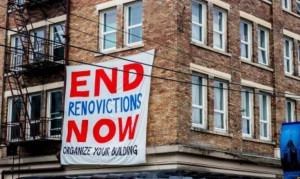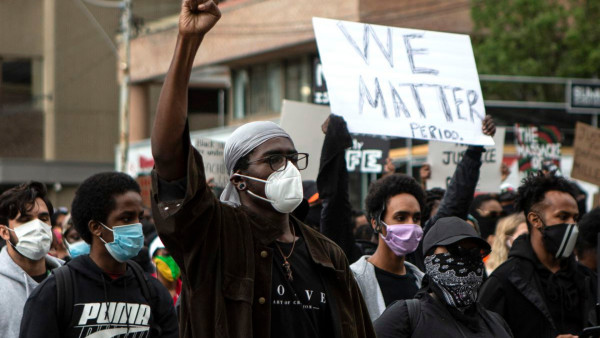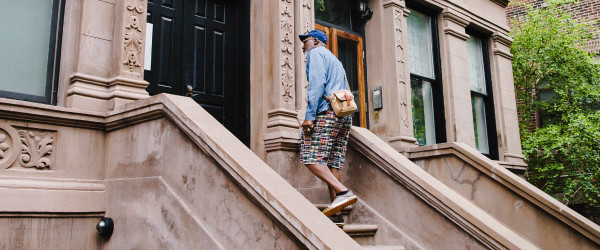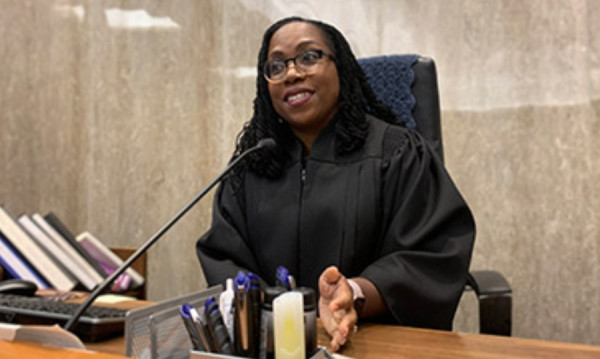What aspects of residential construction can continue?
If the project is not classified as being “essential”, then it cannot continue. Thankfully, most residential construction projects are considered essential and include:
- projects where a footing permit has been granted for single-family, semi-detached and townhomes;
- site preparation, excavation, and servicing for residential development; and
- projects involving renovations to residential properties where construction work was started before April 4, 2020.
The residential construction industry has almost been entirely opened up. With that being said, though a project ‘can’ continue, it does not mean that it ‘should’ or that ‘it will be permitted to’ continue.
Health and safety obligations come first.
Tradespeople can refuse work if they feel it is unsafe, which includes feeling unsafe because of the lack of on-site protective measures against COVID-19. In general, contractors can show that they are meeting their obligations to protect their workers if they comply with the best practices set by the Ministry of Labour. In essence, contractors cannot continue work until adequate protective measures are in place. From a homeowners’ perspective, there are two construction industry guidelines that will be most likely to affect their projects:
-
On-site sanitation: Contractors must now provide adequate on-site sanitation, which may include the installation of washroom facilities. Contractors are also being directed to minimize tool sharing or put procedures in place to ensure tools are sanitized between uses.
-
Physical distancing: Projects will need to be adjusted to allow for 6 feet of distance to be maintained between workers. This will be achieved by staggering start times, breaks and lunches. Other measures include restricting the number of tradespeople that can be on-site and the area in which those people are permitted to work. It is important to understand that these guidelines will undoubtedly translate into additional time and money. The provision of sanitation measures such as additional masks, soap, sanitizer, and washroom facilities may be an added project cost. Similarly, reductions in the number of employees permitted on-site and restrictions on their ability to access certain areas of the site will create added costs.
For example, a tile layer may typically be able to tile two rooms in one day but is only permitted to access one room. This worker will have to return on another day, adding to the number of hours they bill for the project (assuming they are on an hourly rate). In general, construction deadlines will be blown out and may cost you additional permit administration fees as the contractor works with the municipality to shift critical dates.
Who bears the cost?
Residential construction is plagued by the reality that very few people have entered into formal and comprehensive contracts. Assuming you have a contract, you should review it in detail as it may contemplate unusual situations, such as a pandemic, and how such situations affect the contractor’s obligations. With that being said, it is generally believed that the costs for health and safety measures are a necessary project expense. Put another way, it would be reasonable for contractors to charge for the expenses associated with additional protective measures.
How do I manage my project and the costs?
The best thing to do is to take the opportunity to renegotiate the contract and reset expectations or, if a contract does not exist, to form one. These are uncertain times and, now more than ever, you should formalize the project to ensure it moves ahead as expeditiously and as cheaply as possible. If possible, seek to cap off additional health and safety expenses and set firm deadlines. Otherwise, the cost of the project and the period of time the project is supposed to be completed might spiral out of control.
Tanya Walker obtained her law degree from Osgoode Hall at York University in 2005 and her Honours Bachelor of Commerce with a minor in Economics from McMaster University in 2002. She was called to the Ontario Bar in 2006. Tanya is currently serving a term as Bencher of the Law Society of Ontario; elected by her peers as not only the first Black elected female Bencher from Toronto, in the 220-year history of the Law Society, but also as one of the youngest sitting Benchers. Tanya is a frequent speaker on legal issues to the Toronto Community and regularly appears on the CTV Show, Your Morning as a legal expert. She has also been named in the 2017 and 2018 Lexpert Guides as one of the Leading Lawyers to Watch in Corporate/Commercial Litigation and is also the recipient of the 2018 Women’s Business Enterprise of the Year Award. Tel: 647-342-2334 ext. 302 Email: tanya(at)tcwalkerlawyers.com











